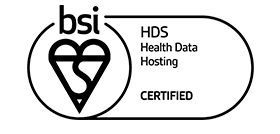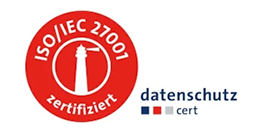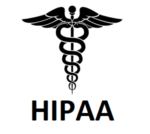Machine Learning Algorithms Reveal New Insights on GAIA’s Treatment Software

Hamburg, Monday 10 December 2018 13.00 CEST
Over the past decade, GAIA’s research and development has focused on digital treatments based on artificial intelligence (AI) to improve clinical outcomes. One open question with high clinical relevance is whether machine learning approaches could improve the prediction of response to our treatments.
In a paper recently published in Cambridge University Press/Psychological Medicine, Pearson and colleagues demonstrated that a trained ensemble model, created by averaging the predictions of an elastic net and random forest, has superior predictive power compared to a conventional benchmark model. These findings demonstrate that precision medicine and machine learning approaches can improve the outcomes of our treatment software in the future.





